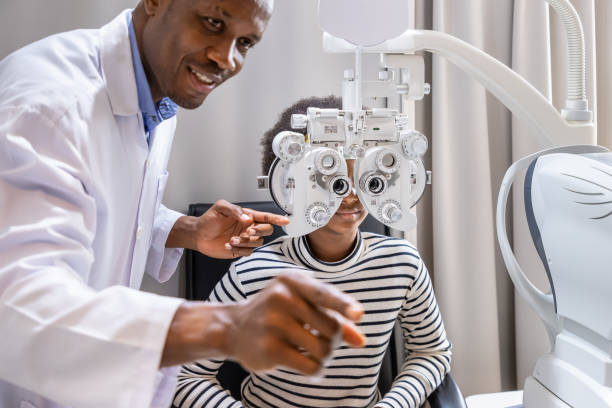Eyesight is really important. That’s why people who work on eyes are trained and licensed. A bill being considered this legislative session, Senate Bill 5389, would modify the scope of practice for optometry, listing advanced procedures an optometrist could perform with a license endorsement and outlining other procedures that remain off limits to them, left for other highly-trained professionals. The bill, sponsored by Sen. Annette Cleveland, D-Vancouver, would require follow-up on whether the expanded scope of practice is working well or showing concerns.
Lawmakers should keep passing the proposal along in the process. It would increase patient access to eye care services, and it could advance a worker’s abilities.
Those are good things. Patient-centered care, including access to care, should be the top priority for lawmakers as they consider various scope-of-practice expansions given workforce issues in our state. Turf wars need to be thrown off the table.
“Scope of practice” refers to activities that a person licensed to practice as a health professional is permitted to perform. Those activities are increasingly determined by state Legislatures. Successes or failures in other states are good places for lawmakers to look, as are military practices that can help guide us.
Other workforce-related bills expanding access and abilities have been successful this year, including House Bill 1073, which concerns medical assistants, and House Bill 1039, a bill that concerns physical therapists performing intramuscular needling. Both of those bills have been approved by both chambers. House Bill 1041, concerning the prescriptive authority of psychologists, was a scope bill that will not be moving forward but should be considered again given its success elsewhere and the relationship patients have with their psychologists.
I think lawmakers are on the right track with scope expansions. People are trained to perform various jobs and procedures in our society. There is no reason to think appropriate training can't allow even more people to perform some of those same jobs and procedures.






